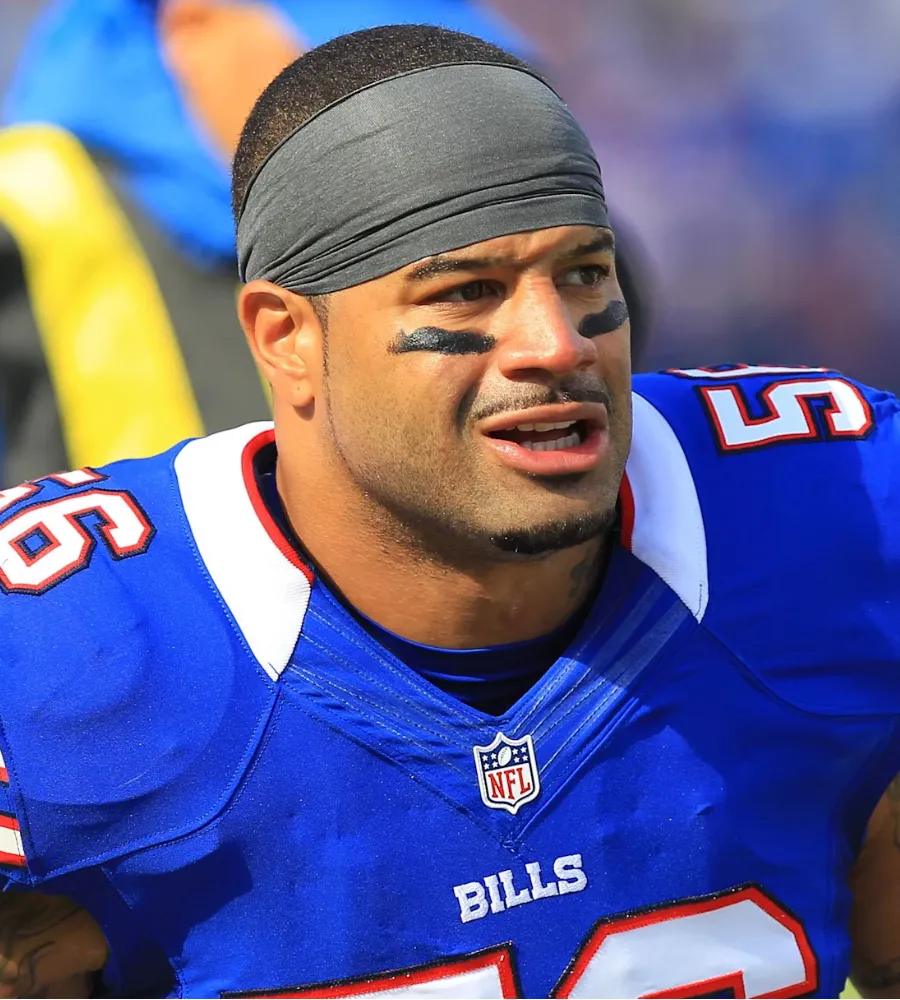Offseason practices brought the Chicago Bears knowledge of the offensive and defensive schemes, let players work at fundamentals, pulled the team closer together and better informed coaches what hand they'd been dealt in terms of personnel.

When they return for training camp July 22 everything changes.
"Then, we'll really just be able to focus on getting good at football plays from there and out, and situations," coach Ben Johnson said.
It sounds almost clinical with the way Johnson has broken it down. On offense, especially, the challenges Johnson faces will be unique and also potentially destructive. The defense has its own issues for defensive coordinator Dennis Allen to handle.
No longer is it about Caleb Williams calling the plays correctly in the offense's huddle, using the right cadence, things of this type. They should have advanced past all of that.
It's about blending the personnel and sharpening the offense.
Here are the biggest challenges facing Johnson and the Bears offense when practice begins July 23.
4. Sharpening precision
The offense last year rarely had precision in anything they did.
In Johnson's offense with the Lions, the ball came out in time from Jared Goff. Motions were used and begun exactly at the right time to occupy the eyes of defensive players and help free up receivers in the passing game.
Routes were precisely run and it helped Goff to deliver the ball exactly where it needed to be put.
Running plays operated with precision as well.
The Bears have had one NFL's least precise offenses for four years, and that goes back past the time most of the players on the roster were with the team.
The Bears committed 59 presnap penalties last year, second most in the NFL behind the Browns. The Lions offense Johnson coached committed 28, third fewest in the league and fewest by any playoff team.
John Kosko of Pro Football Focus pointed out Caleb Williams' 54.7% accuracy rate with passes and 23.2% uncatchable pass rate. Those, and a 26.1% pressure-to-sack rate all indicate the ball wasn't going where it was intended to go and when it was intended to get there.
The 68 sacks show much of the time Williams wasn't even precise enough with his pocket escape let alone receiving good pass blocking. They were bad at this the previous two years, maybe even worse, as many of their plays never came off as intended and they had to rely on Justin Fields' scrambling to pick up yardage.
How do they come up with this precise playing style to fit his needs?
They've already experienced some of this. It's repetition and attention to details. He has been yelling at people for a reason during practices.
Whether they continue remains to be seen but tight end Cole Kmet doubts it will change and will eventually yield results with more precise execution.
"I think what sticks out with Ben and this staff just in general, is just how detail oriented they are," Kmet said. "You can feel that in the meetings and they're relentless on the details. I think that that's something that may be a little bit unique from what I've had in the past. Not saying other coaches weren't detailed–but it's like an obsession with the details and you can feel that from him (Johnson). He just can't let it go."
3. Blocking the A-gap blitz
This might seem a bit too specific of a goal for the offense heading into camp, but not really. This is not just a running back problem at picking up blitzes. It's partly on Williams. It's obviously on the offensive line most, and particularly on center Drew Dalman as the brains and eyes up front who must organize things by making line calls.
There is a big question here because Dalman's strength, according to Pro Football Focus, is his run blocking. He wasn't poor as a pass blocker, but has not been higher than 21st among centers as a pass blocker per PFF in his four seasons. He has been top five in three of his four years as a run blocker and was 11th in the only year he wasn't top five. His pass blocking needs work.
Then there is the question of backs picking up the blitzers. In five seasons, D'Andre Swift has had bad pass blocking grades four times. They weren't just mediocre or spotty. They were awful.
Last year he had a 28.3 for a grade. He had 28.2 in 2021 and 44.9 as a rookie. With the Eagles his 48.9 grade was not quite approaching mediocre.
There is hope for Swift, though. The one season when he attained a solid pass blocking grade was when he played in Johnson's offense with the Lions in 2022 and was at a very good level of 73.9. It shows he can execute when focused correctly by coaching in a system like this.
Beyond that, Roschon Johnson has been an average to above average pass blocker. Travis Homer can also do it well. Rookie Kyle Monangai didn't have poor grades at Rutgers doing this but was only average.
You're not running play action against A-gap blitzes if no one can pick them up and this is a goal for the Bears. They've had enough problems stopping any pass rush let alone an interior blitz.
2. Timing up the running game
The Bears last year tried to become a more conventional running attack than what they had been for three years because they no longer could rely on Fields as an extra running threat. Sure, Williams could scramble, too. However, the planned runs by Fields and also his big-play scrambling were huge parts of the offense. Williams didn't provide this, so they needed to have the backs gaining the yards without that extra threat to occupy defenses. The blocking struggled, the backs struggled.
It's critical for linemen to get out of their stances and blocking laterally in their wide zone scheme when they use it. They're going to be multiple in the blocking approach, so their back-to-block timing in the execution of the gap scheme must be more precise.
The running game is the basis for their offense because Johnson wants to run play-action passes. They ran the most play-action in the league in Detroit. Goff threw play-action 203 times, 52 more than anyone else. It becomes much easier to execute it if you've established a feared running attack and they ran it the sixth-most times without a running QB threat.
The Bears only began that conversion away from an attack reliant on QB runs last year. To be a play-action team they need to run more and were only 20th in attempts. They'll need to pull away from it more this year entirely to become a play-action team. They were only 30th in play-action passes last year.
Whether they even have the backfield to pull off this type of conversion is another matter entirely, but none of it can work without the blocking scheme working. If they achieve that, then the running backs have a chance.
1. Caleb Williams development
It will take precedent over everything the Bears and Johnson do this season.
They can't waste a player with a live arm. Johnson already has shown he's well aware of the situation and is driving Williams toward success.
Williams jokes about being yelled at a lot but he really does get blasted by the coach on the field or in meetings.
"Yeah, we've loaded him up," Johnson said. "We've tried a number of different things; long play calls, multiple plays at the line, tempo. We've dabbled here, there and everywhere, really, throughout the springtime. Some comes a little bit more natural than others, for him, but I do think we've seen him get better in really all facets."
They've only just scratched the surface on this. Training camp dials it way up. Johnson and his offensive assistants will be pushing Williams even more.
Last year he accomplished a few good things, like a low interception-to-TD ratio and being safe with the ball. His next steps in this offense needs to be bigger gains downfield, whether it comes by standing in an delivering more accurately or by being accurate enough and on time with shorter routes to give receivers time to break off bigger gains. His 62.5% completions was low and needs to climb, but the Bears' passing game will never go anywhere until Williams can get his yards per pass attempt a full yard higher or more to at least 7.3. It was a paltry 6.3 last year.
That, and more TD passes, will finally allow the Bears' offense to increase Johnson's precision expected points added analytic, and wins will follow.
-1752675479-q80.webp)
-1750132996-q80.webp)

